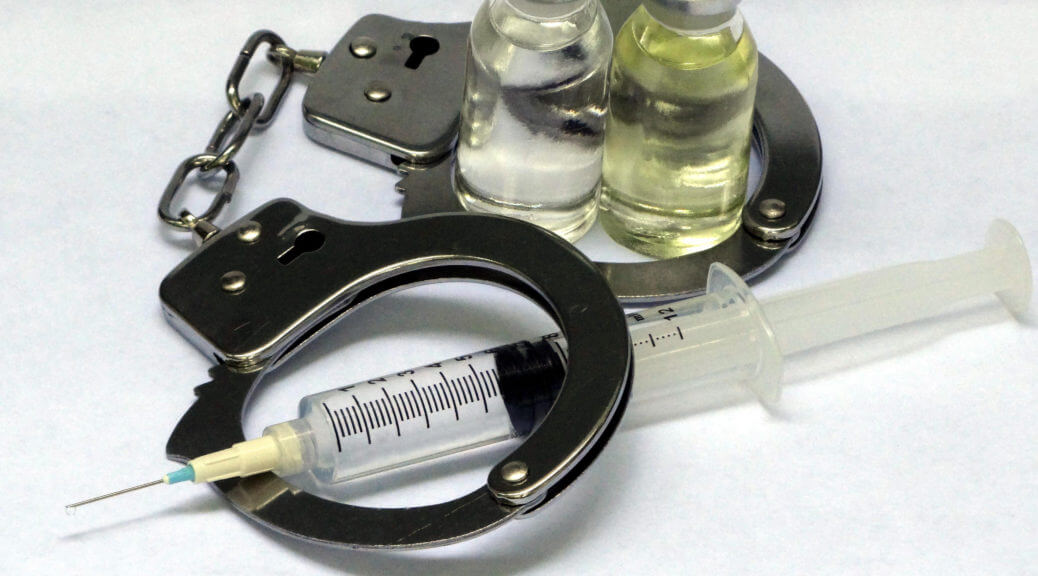Mark Thornton is a Senior Fellow at the Mises Institute. He is the author of many books, including The Economics of Prohibition (which you can access for free here), which is also the topic of this episode.
1. Does drug prohibition help stop poverty and homelessness?
The conventional wisdom on drugs is simple: you see drugs and drug abuse mixed with poverty and homelessness and it makes intuitive sense that drugs play a role in causing poverty. It seems to follow that by criminalizing drugs, you can take them out of the equation and help solve the other problems.
Mark disputes this conventional wisdom. First, the causation doesn’t necessarily go from drugs to poverty. Poverty can cause people to abuse drugs and mental illness can cause both self-medication and poverty. Second, if you legalize drugs, they won’t be sold on the street. Instead, they’ll be sold by legitimate businesses with a particular interest in maintaining their reputation and not harming their customers. Prohibition is what creates the black market, which in turn generates violence, crime, and more potent and dangerous drugs, all of which exacerbate poverty. You can’t clean up the social problems related to drugs by criminalizing them when criminalizing them is what caused many of those problems.
2. The Suburban Heroin Epidemic
Mark recently authored an article called The Legalization Cure for the Heroin Epidemic. In the article, he calls attention to the rising number of overdose deaths in the United States:
The number of drug overdoses in the US is approaching 50,000 per year. Of that number nearly 20,000 are attributed to legal pain killers, such as Oxycontin. More than 10,000 die of heroin overdoses. I believe these figures vastly underestimate the number of deaths that are related to prescription drug use.
Continue reading Drugs, Prohibition, and the Suburban Overdose Crisis with Mark Thornton
Subscribe to Economics Detective Radio on iTunes, Android, or Stitcher.












